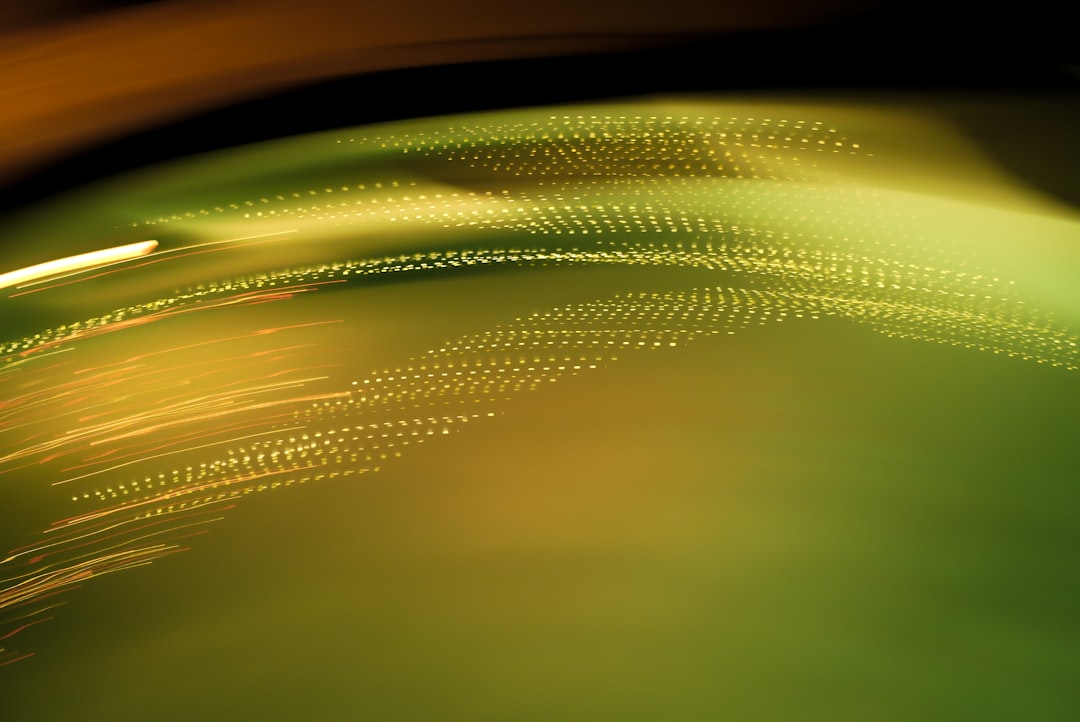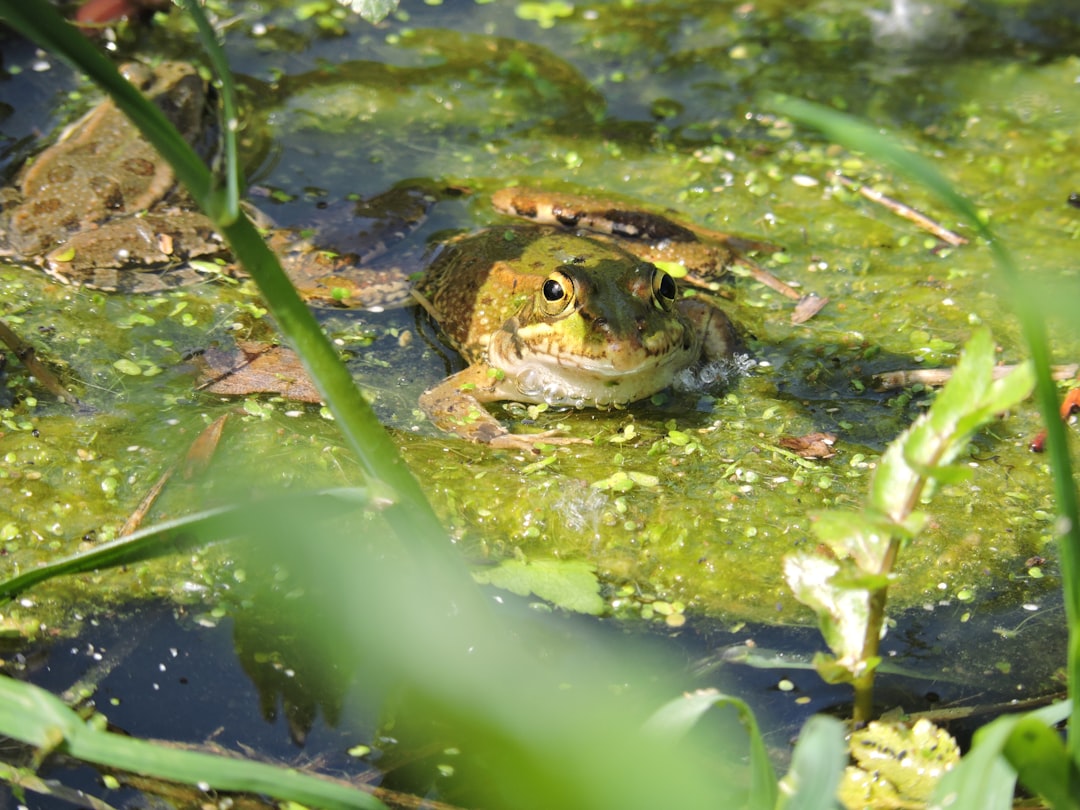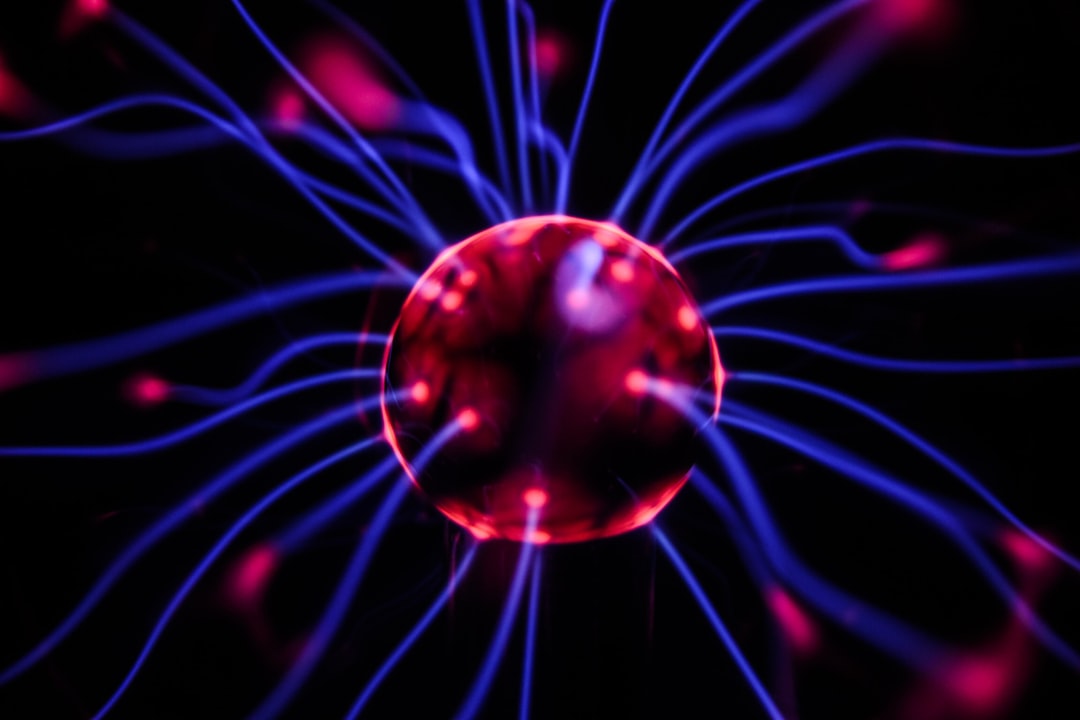What is it about?
Swimmers disturb the fluid around them, and as such, nearby swimmers must compensate for these disturbances to perform coordinated swimming. We show that reinforcement learning algorithms (a form of unsupervised learning) can enable such a task for the first time.
Featured Image

Photo by Jonny Clow on Unsplash
Why is it important?
This demonstrates that energy deposited in the wakes of fish and other swimming organisms can be harnessed adaptively in order to achieve certain goals.
Read the Original
This page is a summary of: Learning to school in the presence of hydrodynamic interactions, Journal of Fluid Mechanics, January 2016, Cambridge University Press,
DOI: 10.1017/jfm.2015.686.
You can read the full text:
Contributors
The following have contributed to this page










